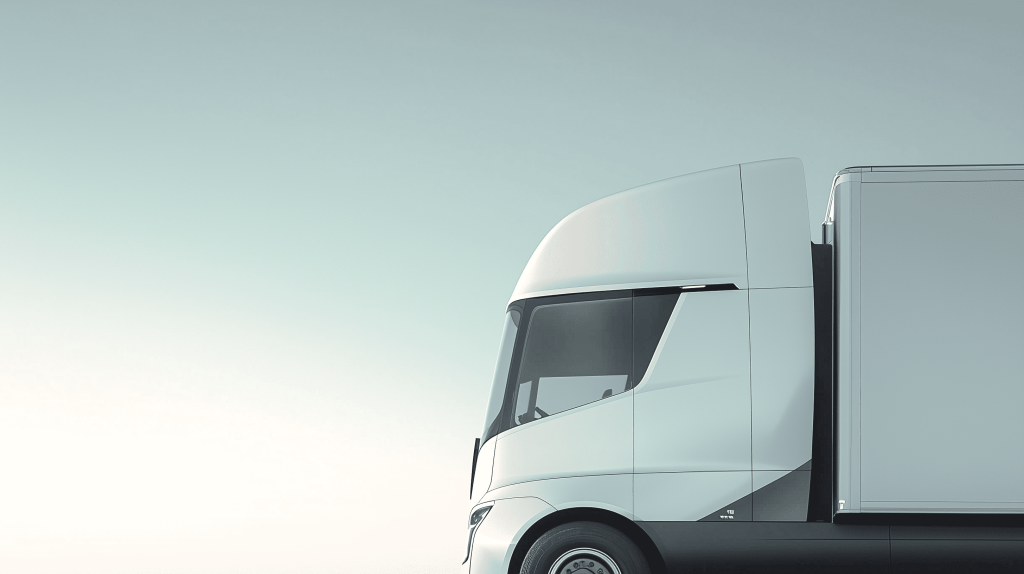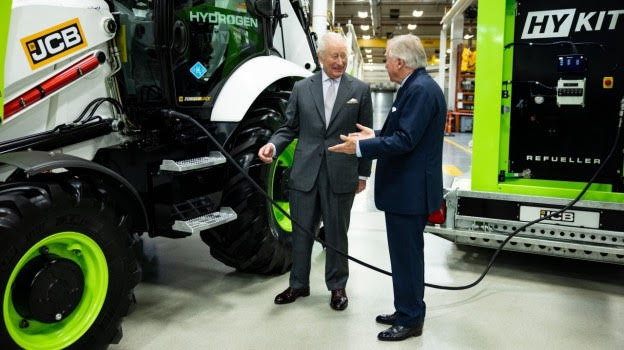
Private Equity
Vertically integrated, energy transition supply chain investment

Technology
Global Climate Technology and Energy Transition venture capital

Infrastructure
European eFuels and Alternative Energy production
Our investments
News & Media
HYCAP, Hydra-B Group & JCB unveil new hydrogen machinery manufacturing co HYKIT
We are excited to announce the UK’s hydrogen industry has been given a transformative boost following the unveiling of HyKit, a joint venture between HYCAP, green pioneer HydraB Group and […]
ReadHYCAP strengthens commitment to maritime decarbonisation in Liquid Wind’s €44m raise
HYCAP has announced its investment in Liquid Wind’s €44 million Series C financing with Uniper and Samsung Ventures to meet the increasing demand for low-carbon fuels The €44 million ($47m […]
ReadHYCAP invests £10 million in ion Ventures, a clean energy leader
Net zero asset manager HYCAP today announced a £10m investment in ion Ventures as it continues to grow its decarbonisation portfolio. HYCAP’s funding is part of a wider equity raise […]
ReadNew Director of Capital Markets joins HYCAP team
We’re pleased to announce the arrival of a new director to focus on capital markets following a year of successful deployments and acquisitions. George Saunders arrives from NatWest where he […]
ReadWrightbus major expansion: launching new zero-emission vehicle brand RIGHTECH
Chairman Jo Bamford hosted press and operators from across Europe, alongside Wrightbus CEO Jean-Marc Gales and senior representatives HYCAP portfolio company Wrightbus kicks off 2025 with major expansion, launching new zero-emission vehicle brand RIGHTECH […]
Read


















